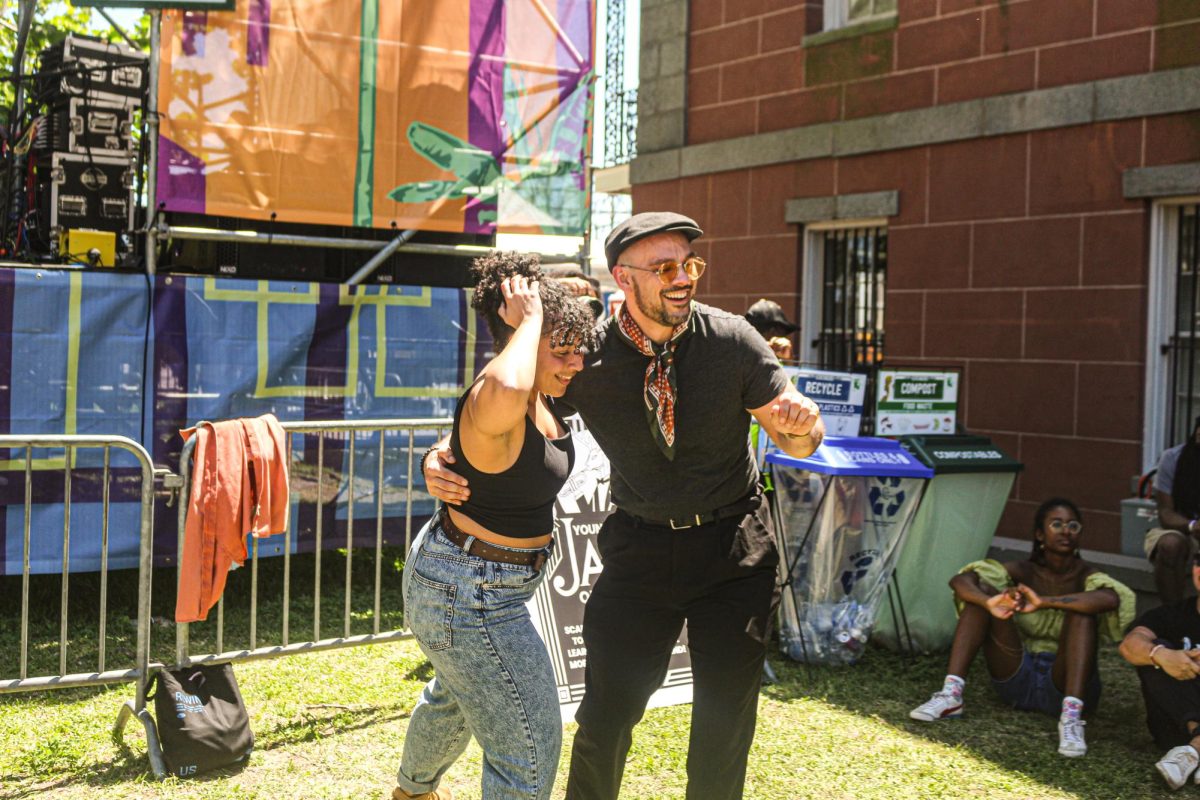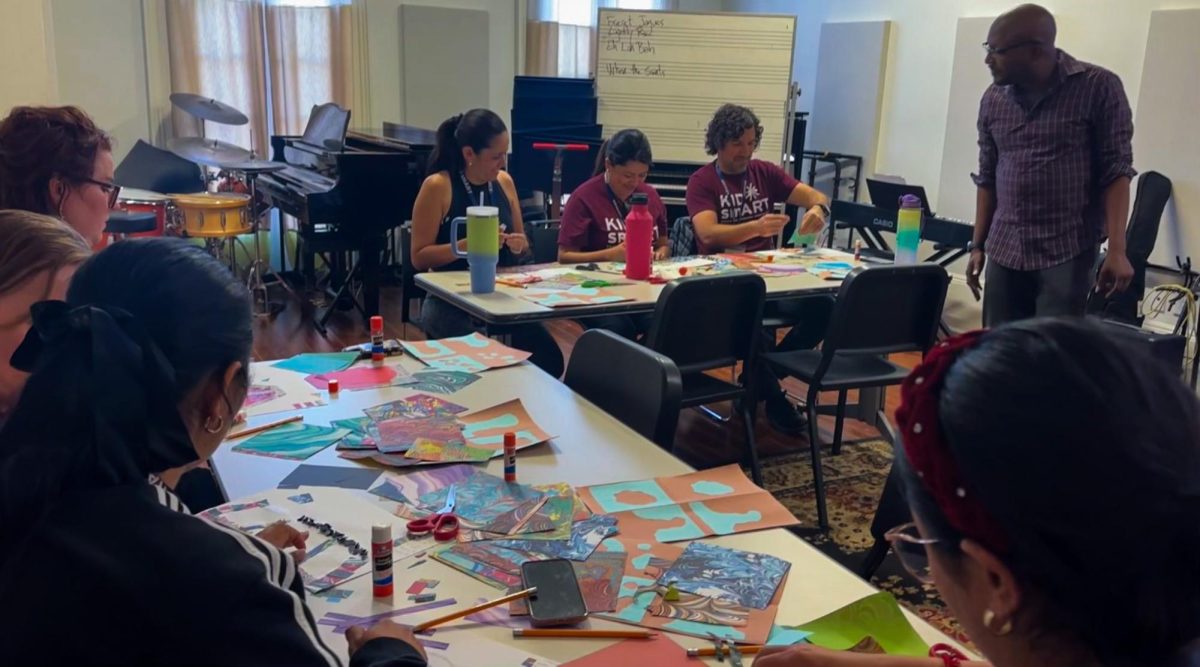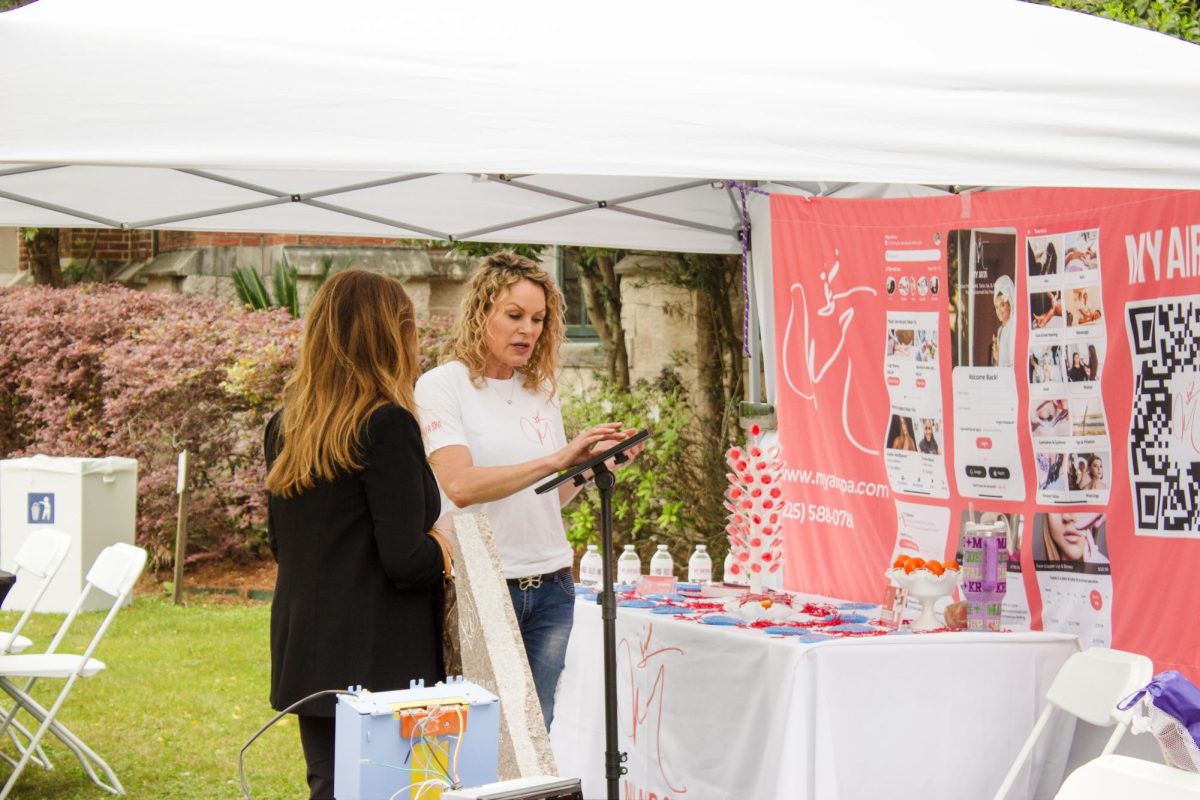If that one daiquiri you plan to drink at the Fly quickly turns into a night of tequila shots and keg stands on an average weekend, you may fit the standard definition of a binge drinker. And you aren’t alone. According to recent studies,
college students are binge drinking more often and consuming more drinks when they do so.
Studies by the Center for Disease Control released in January 2012 found that the people aged 18 to 24 who are engaged in binge drinking are doing so five to six times a month on average. The CDC defines binge drinking as consuming four or more drinks for women and five or more drinks for men in a span of about two hours.
However, the study found that college-age binge drinkers were downing an average of nine drinks per occasion. In Louisiana and Mississippi, binge drinking is actually less common, but students who are binge drinking are consuming more in one occasion than their counterparts in other states.
“The excessive use of alcohol and consequently EMT callouts and transports to hospitals has seen a steady increase in the last few years (at Loyola),” said Patrick Bailey, director of Public Safety for the University Police, in an e-mail.
Craig Beebe, Residential Life director, sent an email to the Loyola community in September 2011 expressing concern over the issue of alcohol abuse.
“Over the past few days, Loyola has experienced five incidents involving first-year students abusing alcohol; all have required transport to local hospitals by Tulane Emergency Medical Services,” he said in the email. “This concerns me. This behavior will not lead to success during your time at Loyola University New Orleans.”
“Alcohol is both accessible and socially acceptable among university students and only in New Orleans and Las Vegas are bars open 24-7,” Bailey said.
According to Dr. Bobby Kizer, assistant director of the University Counseling Center at Loyola, the reasons college students choose to binge drink are similar in nature but can cause a variety of problems in the long and short terms.
“College and university students, especially those in New Orleans, are faced with the challenge of resisting aspects of alcohol culture in order to thrive in their academic and social life,” Kizer said.
“The more a person binge drinks, the more likely it is that they will become dependent on it. Some college students who start out as socially drinking and/or binge drinking become addicted and dependent on that alcohol,” he said.
According to Kizer, binge drinking increases the risks for alcohol dependency and other health issues such as alcohol poisoning. It also increases the risk for sexual and physical assault and can cause depression, anxiety, relationship issues and low motivation.
Laura McQueen, who has been a bartender at The Boot for the last year, said that the “recent” surplus of binge drinking among college students isn’t a new development.
“Personally I haven’t noticed it, not here at least. It seems like business is slower to be honest.
But I have noticed a pattern of kids who come out for, say, 50- cent night, and they have to go home early, because they’re too drunk because they’ve had way too many drinks,” McQueen said.
According to Huntleigh Gilbard, political science senior and manager at The Frat House, binge drinking is just another part of the college experience.
“I feel like there’s always been a lot of that,” he said. “It’s just college, you know, and it depends on the person.”
In early February, studies by the Substance Abuse and Mental Health Services Administration revealed another aspect concerning college students and alcohol.
The study showed that among 18- to 24-year-olds, those enrolled in college are much more likely to seek treatment for alcohol abuse than people of the same age who are not enrolled in school.
For bar managers like Gilbard, there is a notable difference in drinking habits between college students and non-college students.
“We have a solid group of regulars that are blue collar workers that are college age. They drink less than college kids because a lot of them have to drive back to Harahan or the West Bank,” Gilbard said. “They can’t get on the level that we (college students) get on and expect to drive home, whereas we can just call Safe Ride or walk back home.”
“Really the combination of college and New Orleans is just out of control,” Gilbard said.
Shannon Donaldson can be reached at smdonald@loyno.edu











